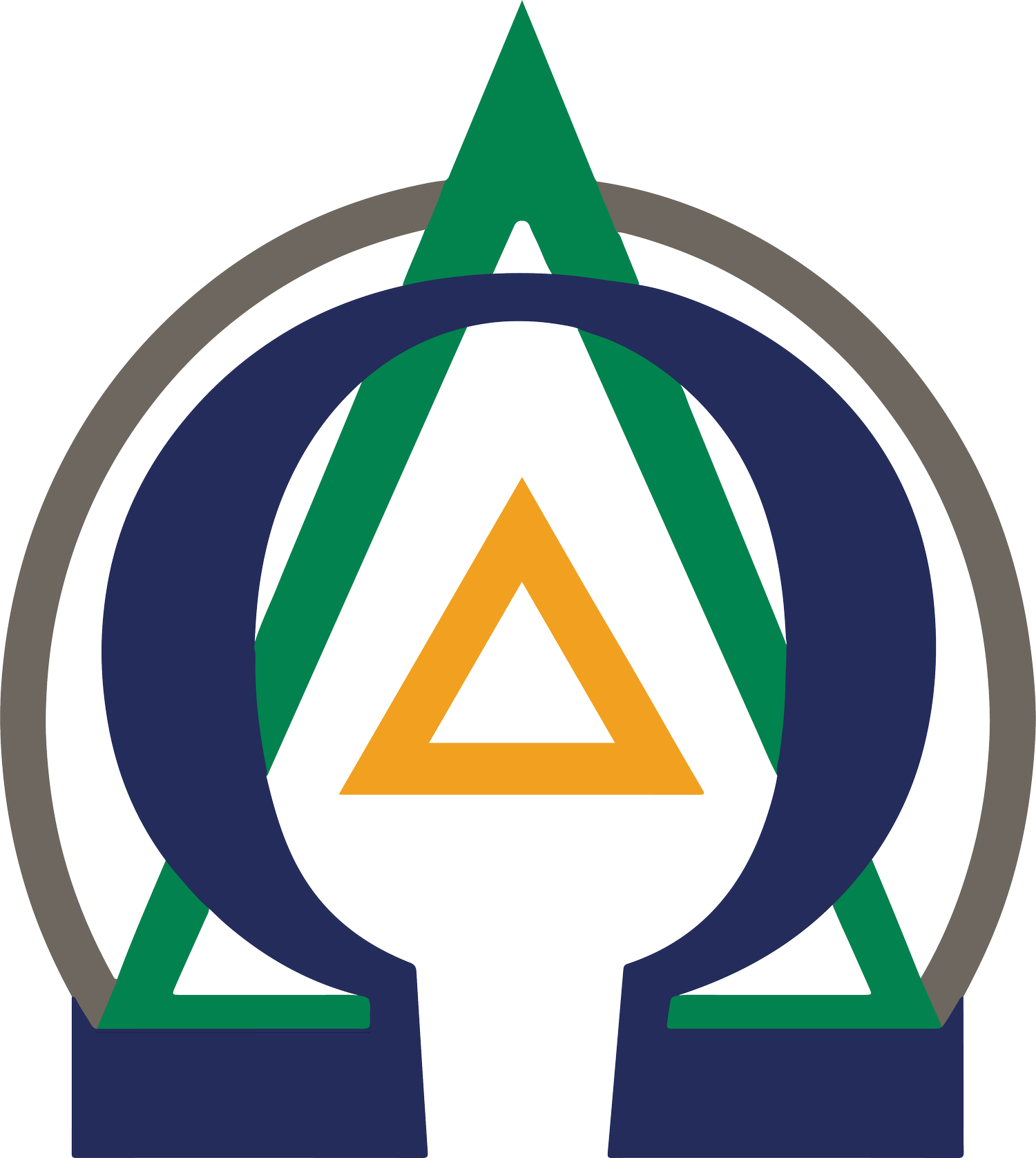Leadership is Trust: Vulnerability is the Gateway
For many leaders, vulnerability feels like a weakness—something to be avoided at all costs. We’ve been conditioned to project strength, to keep our guard up. But what if I told you that vulnerability is, in fact, a powerful catalyst for authentic leadership?
Research shows that vulnerability is not the opposite of strength; it is its core component. When leaders openly share their uncertainties, mistakes, or moments of doubt, they invite trust and connection within their teams. This is supported by findings from Dr. Amy Edmondson, who reveals that psychological safety—a culture where team members feel free to express themselves—germinates not only innovation but also collaboration.
Embracing vulnerability is an act of courage. It requires us to acknowledge our imperfections and be real with our teams. When we admit, “I don’t have all the answers,” we encourage others to join us in this shared human experience, creating an environment where failure is seen as a learning opportunity rather than a setback.
I've always been impressed when I read about companies like Google and Pixar whose leaders actively foster safe spaces for dialogue and innovative thinking. These teams flourish because they know their contributions are valued and that taking risks is encouraged.
Vulnerability is the gateway to trust. Trust is built on openness and honesty, and as leaders, we have the power to cultivate this trust by showing up authentically—even when it feels uncomfortable. When we model vulnerability, we create fertile ground for creativity and teamwork to thrive.
Actionable Steps for Leaders
Normalize Vulnerability: Share your own challenges. This opens the door for honest communication within your team.
Encourage Risk-Taking: Foster an environment where team members feel safe to take risks and innovate without fear.
Acknowledge Mistakes: Create a culture of learning by discussing mistakes openly and focusing on growth rather than blame.
Invest in Relationships: Prioritize one-on-one check-ins to build trust and show that you value and understand your team members.
Model Lifelong Learning: Seek feedback and show that learning is an ongoing journey.
In the end, trust is built on openness and honesty. My challenge to all of us leaders, for today, is that we show up with our whole heart, even when it feels risky.
Cheering for your continued success!
Jacqueline

